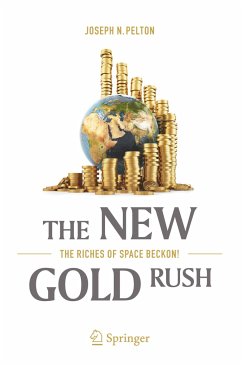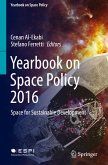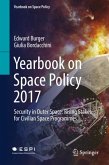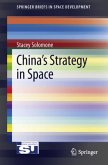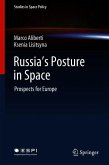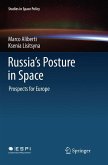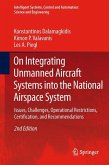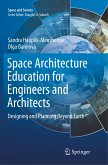This book captures the most exciting advances in the harnessing of space as a global resource. The authors track the growing number of space businesses and opportunities for investors, and the many possible benefits of spaceplanes, space stations and even space colonies. The authors also discuss the need for more regulatory reform.
Companies like Planetary Resources are now forming to find mineral-rich asteroids and bring back new riches to Earth. Solar power satellites in the next few years will start to beam clean energy back to Earth, to meet the growing demands of a still-developing world.
Innovative space industries are vital to the survival of modern human life, and the authors demonstrate what can be done to encourage the growing of the "New Space" frontier. From lassoing and then mining asteroids to developing new methods of defending the planet from space hazards and setting up new hotels and adventures for tourists in space, this new industry will have profound effects on Earth, especially on its economy.
This book is based on a study of international experts commissioned ahead of the UNISPACE+50 meeting, having distilled the results of this comprehensive fact-finding process into a compact and very readable form. It can serve as an excellent starting point for understanding all the activities underway or planned to make space truly our next frontier.
Companies like Planetary Resources are now forming to find mineral-rich asteroids and bring back new riches to Earth. Solar power satellites in the next few years will start to beam clean energy back to Earth, to meet the growing demands of a still-developing world.
Innovative space industries are vital to the survival of modern human life, and the authors demonstrate what can be done to encourage the growing of the "New Space" frontier. From lassoing and then mining asteroids to developing new methods of defending the planet from space hazards and setting up new hotels and adventures for tourists in space, this new industry will have profound effects on Earth, especially on its economy.
This book is based on a study of international experts commissioned ahead of the UNISPACE+50 meeting, having distilled the results of this comprehensive fact-finding process into a compact and very readable form. It can serve as an excellent starting point for understanding all the activities underway or planned to make space truly our next frontier.
"The New Gold Rush is a timely, well-written, and modern update on previous books and reports that lead the cheer for the benefits that space activities can imbue on our planet and society. ... For those seeking to promote space as a solution to terrestrial issues and those who see the prospects for space mining, solar power satellites, on-orbit servicing, and attempts to cope with the problem of orbital debris, the book is an ideal and current resource." (Scott Sacknoff, Quest, Vol. 25 (1), 2018)

